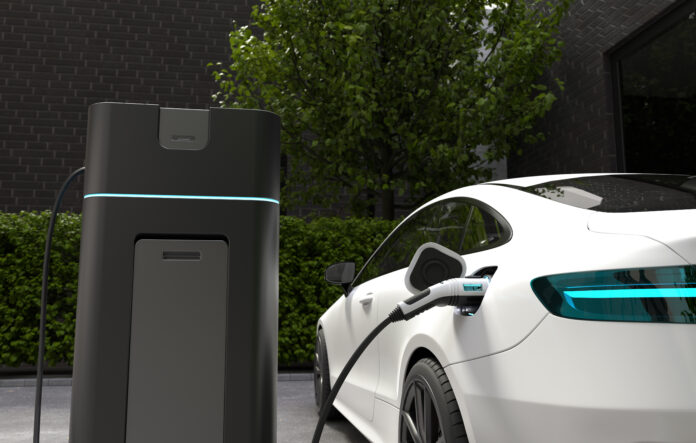Electric vehicles (EVs) are rapidly gaining momentum worldwide, emerging as a major force in the automotive industry. Several key factors have driven the rise of EVs, such as advancements in battery technology, stronger government policies promoting green energy, and growing demand for sustainable transportation options.
Global Growth in Electric Vehicle Sales
The global EV market has seen explosive growth. In 2023, worldwide EV sales surpassed 10 million units, with some countries like China and parts of Europe seeing market shares close to 20%. China continues to lead the world in EV adoption, thanks to robust government support, financial incentives, and a well-established charging infrastructure. Europe is following closely, with nations like Norway, where over 80% of new car sales are electric. In the United States, EV adoption has been slower, but companies like Tesla dominate the market, and the rise of new players is fueling rapid growth.
Technological Advancements in EV Batteries
One of the key drivers of the electric vehicle revolution is the continuous improvement in battery technology. Lithium-ion batteries have become more cost-effective, efficient, and longer-lasting. Today, some electric vehicle models can travel over 600 kilometers on a single charge. Research into solid-state batteries is also showing promise, with potential for even greater energy density and faster charging times. Although infrastructure for charging remains a challenge in some areas, significant progress is being made through public and private sector initiatives, such as the installation of fast-charging stations across highways and urban areas.
Traditional Automakers Transition to Electric Vehicles
As environmental regulations tighten and global pressure to reduce carbon emissions grows, traditional automakers are shifting toward electric vehicles. Major companies like Volkswagen, Ford, and General Motors are investing heavily in EV technology, with plans to phase out internal combustion engines over the next few decades. These automakers are adapting to the changing landscape, aiming to meet the growing demand for eco-friendly vehicles.
The Future of the Global Electric Vehicle Market
Looking ahead to 2030, electric vehicles are expected to account for over 40% of the global automotive market. This shift reflects the increasing consumer preference for clean transportation solutions and a collective effort to combat climate change. However, there are still challenges to overcome, such as expanding charging infrastructure in developing countries, managing the resources needed for battery production, and transitioning workers from the traditional auto industry to new EV-related jobs. Overall, the global automotive industry is undergoing a significant transformation, with electric vehicles at the forefront of this green revolution. Continued government support, innovation in EV technology, and heightened environmental awareness among consumers will continue to drive the market forward, paving the way for a sustainable future.

























